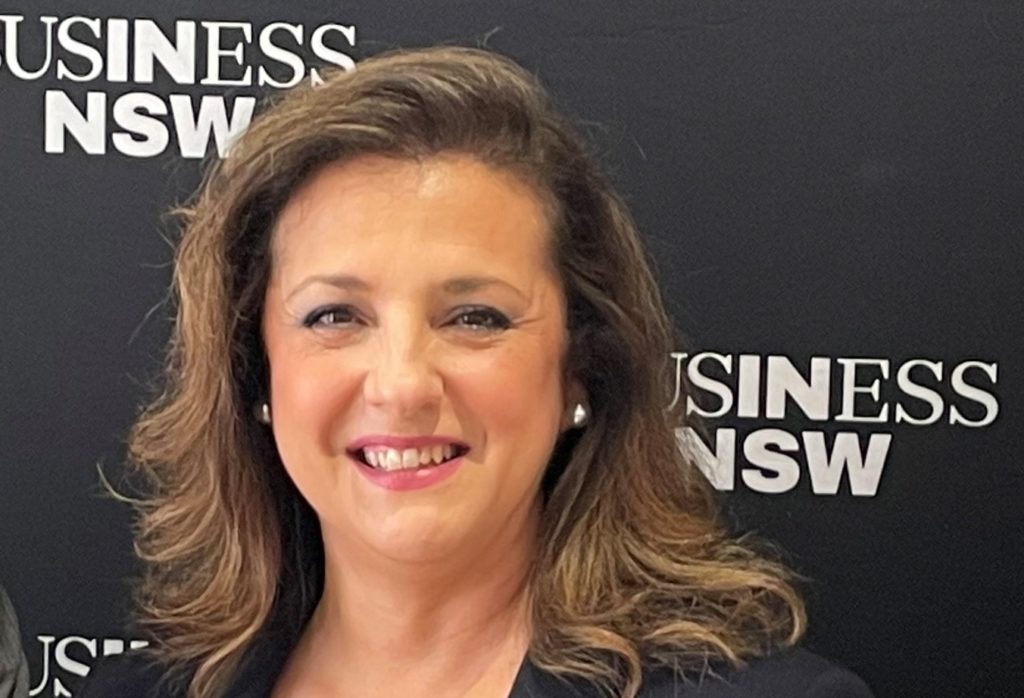Residents and businesses on the Central Coast have welcomed the establishment of an Energy Bill Relief Fund, which will see power bill relief for 1.6 million eligible households and 320,000 eligible small businesses in the state.
Jointly funded by the NSW and Federal governments, the fund will see most eligible households and small businesses automatically receiving energy relief payments from July 31.
Under the Energy Accounts Payment Assistance (EAPA) Scheme, the NSW Government will increase the EAPA limits to $500 for the 2023-24 financial year for both electricity and gas bills.
Eligible people can receive the payments for both electricity and gas, twice per financial year, meaning they could receive up to $2,000 over the financial year.
Households with a Commonwealth Pensioner Concession Card, a Health Care Card, a DVA Gold Card or life support equipment who already receive a NSW electricity rebate from their energy retailer will automatically receive a quarterly rebate of $125 on their electricity bills from July 31.
If households do not receive a NSW energy rebate but are eligible, they should apply to their retailer for the relevant NSW energy rebate.
They will then be provided the additional Energy Bill Relief payment automatically.
Commonwealth Seniors Health Card holders, Family Tax Benefit A and B recipients and people living in embedded networks (that is private electricity networks used by apartment blocks and caravan parks) need to apply for the relevant rebate from August 1.
Customers who do not receive a NSW energy rebate but receive the Carer Allowance, or hold a Low Income Health Care Card or DVA Gold Card, will be contacted by Services Australia or the Department of Veterans Affairs from September with information about how to apply for the rebates.
On the business front, small businesses using less than 100 megawatt hours of electricity per year will receive a one-off $650 payment in the 2023-24 financial year.
Eligible retail businesses do not need to do anything.
Energy retailers will automatically apply the energy bill relief to their electricity account (if they are eligible) from July 31.
Eligible small businesses that are part of an embedded network (located in a shopping centre) will be able to apply from October.
Member for Gosford Liesl Tesch said with cost-of-living pressures increasing it was essential to provide support to people in financial hardship and crisis.
“I encourage individuals, households and small businesses across the Coast to look into their eligibility to receive energy bill relief and take the opportunity to save on energy costs,” she said.

Business NSW Executive Director Regional NSW Paula Martin said it was encouraging to see the Government addressing the rising costs of energy.
“According to our latest Business Conditions Survey, Central Coast business owners are most concerned about rising energy and insurance costs,” she said.
“The Central Coast business community has just over 50 per cent of businesses operating as a micro or small business so the energy relief measures will help them to manage the bottom line.
“To cope with rising energy prices, businesses have adopted a range of strategies including improving energy efficiency, sourcing solar panels and seeking new energy deals.
“Conditions are tough for business with 43 per cent telling us they will likely reduce staff, 35 per cent will increase debt and 35 per cent may close operations.
“Business confidence on the Central Coast last quarter slipped to an all-time low and businesses are facing an increasing high cost of doing business and waning customer demand.
“Currently businesses are absorbing the energy price increase by reducing profit margin, but this strategy is not sustainable.
“Whilst expectations for the next quarter are less pessimistic, any relief to help business reduce costs will help to delay more serious impacts like reducing staff headcount in the next three months.”
Minister for Energy Penny Sharpe said the Government was determined to help people doing it tough as cost of living pressures made it difficult for families to get by and businesses struggling to keep their doors open.
Terry Collins



